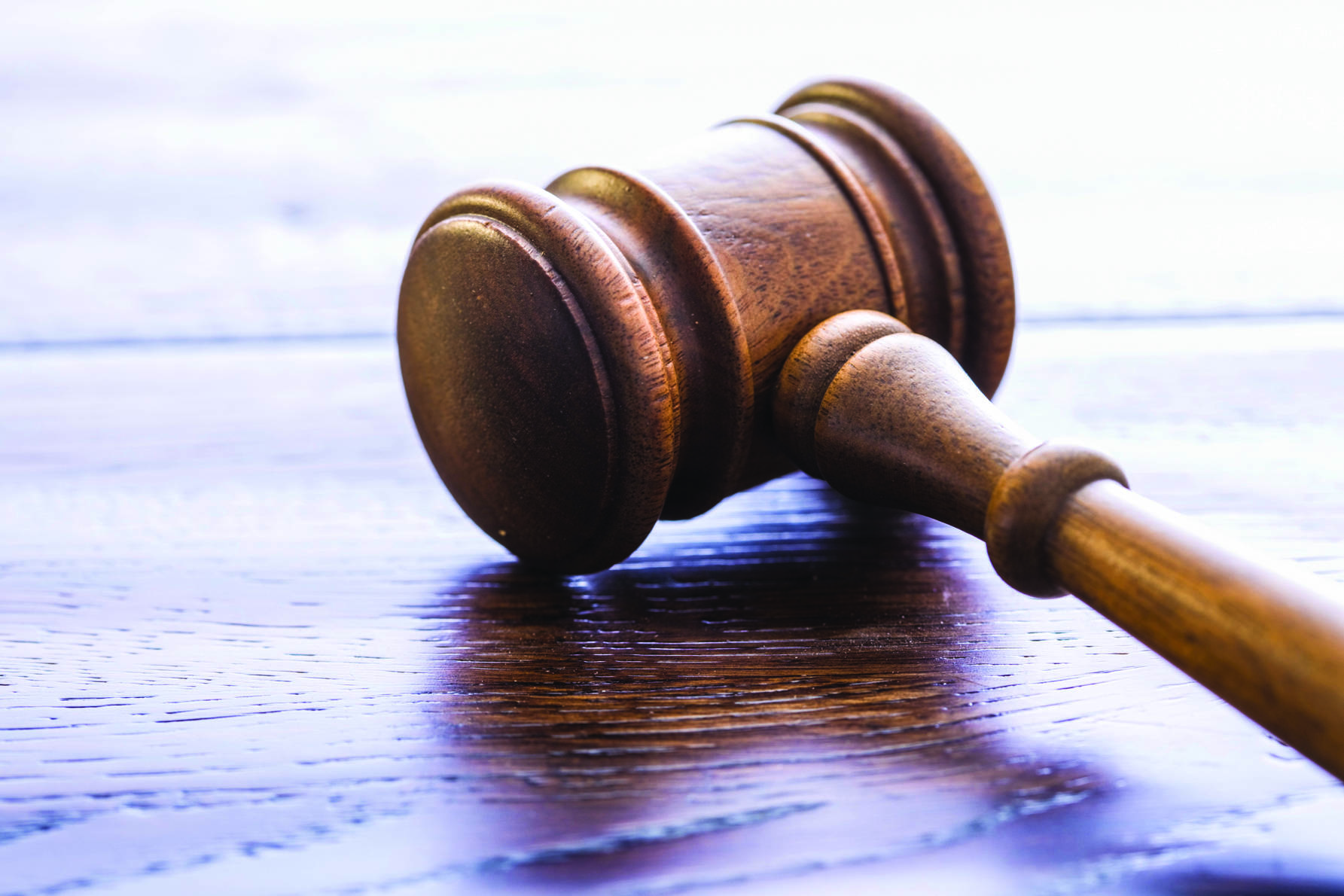Some Outside sex offenders do not have to enter their names into a statewide registry, the Alaska Supreme Court ruled Friday.
In a decision that combined two cases pending before the court, justices said a strict reading of the 1994 Alaska Sex Offender Registration Act does not grant the Alaska Department of Public Safety leeway when determining whether an out-of-state sex crime matches an illegal act under state law.
Until the decision, it was up to DPS to determine whether someone convicted of a sex crime outside Alaska would be required to enter their names into Alaska’s sex offender database if they moved here. Now, it’s not clear what standards will be followed.
A DPS spokesman referred questions to the Alaska Department of Law.
“We are still reviewing the opinion and cannot comment further at this time,” said assistant attorney general Kaci Schroeder by email.
“Up to this point in time, the DPS has been basically unfettered,” said Anchorage defense attorney Darryl Thompson, who represented one of the people whose cases were before the court.
Thompson said he believes the decision will have a big effect on existing policy, and it is now up to the Alaska Legislature to fix the problem.
“There are solutions, but I really think they’re legislative solutions,” he said.
Alaska, like many states, maintains a registry containing the names and addresses of people convicted of sex crimes or child kidnapping. At the time the Legislature created the registry, it was believed that sex offenders were much more likely to reoffend, and thus public awareness of sex offenders was a matter of public safety. Newer studies, including at least one published in Scientific American, have cast doubt on that idea.
The 1994 law covered sex offenses in Alaska as well as crimes covered by “a similar law of another jurisdiction,” meaning that anyone required to register by a conviction in another state would also be required to register in Alaska if they moved here afterward.
That hasn’t changed in the years since, even under the criminal justice reform bill SB 91.
The case in front of the supreme court involved two people with separate but similar issues. Their identities were kept confidential by the court, and they were each identified as John Doe. One pleaded guilty in 2011 in Washington state to two counts of “communicating with a minor for immoral purposes,” a misdemeanor there. As part of their sentencing, the person was required to register as a sex offender for 10 years. The second person was convicted in 2014 in California of “annoying or molesting a child under 18.”
Both people subsequently traveled or moved to Alaska and asked DPS if they would be required to register as a sex offender under Alaska law. The department said yes, under its interpretation, they would, even though Alaska does not have directly similar laws to the ones they were punished under.
The two separately appealed to Alaska Superior Court and saw their cases advance to the supreme court.
After hearing oral arguments and considering the facts, “neither Doe I nor Doe II is required to register under Alaska law,” the court wrote.
“The problem is that the Legislature used specific language when it crafted the statute requiring similarity,” wrote chief justice Craig Stowers in a concurring opinion attached to the court’s decision.
That means DPS cannot be flexible when comparing an Outside law and Alaska law. It cannot, as has been the practice, examine the underlying facts of a person’s case and determine whether they would have constituted a particular crime.
“Had the Legislature wanted to ensure that the conduct underlying the out-of-state conviction should also be considered, it could have said so,” Stowers wrote.
Judge Warren Matthews, a former chief justice who came out of retirement to consider the case (common in cases where one or more sitting justices cannot consider a case) disagreed with Stowers’s opinion and referred to Legislative testimony that “clearly implies that those convicted in other jurisdictions of crimes like those listed for Alaska would also have to register.”
Stowers, again writing in his concurring opinion, suggests that the ambiguity would be fixed if the Legislature adopted a law requiring out-of-state sex offenders to register for any offense that was registrable in the state of conviction.
Thompson, speaking by phone to the Empire, said it’s clear that the Legislature needs to fix the issue and give people due process.
“There are legislative fixes to this, which is what the Supreme Court is saying today,” he said.
• Contact reporter James Brooks at jbrooks@juneauempire.com or 523-2258.

